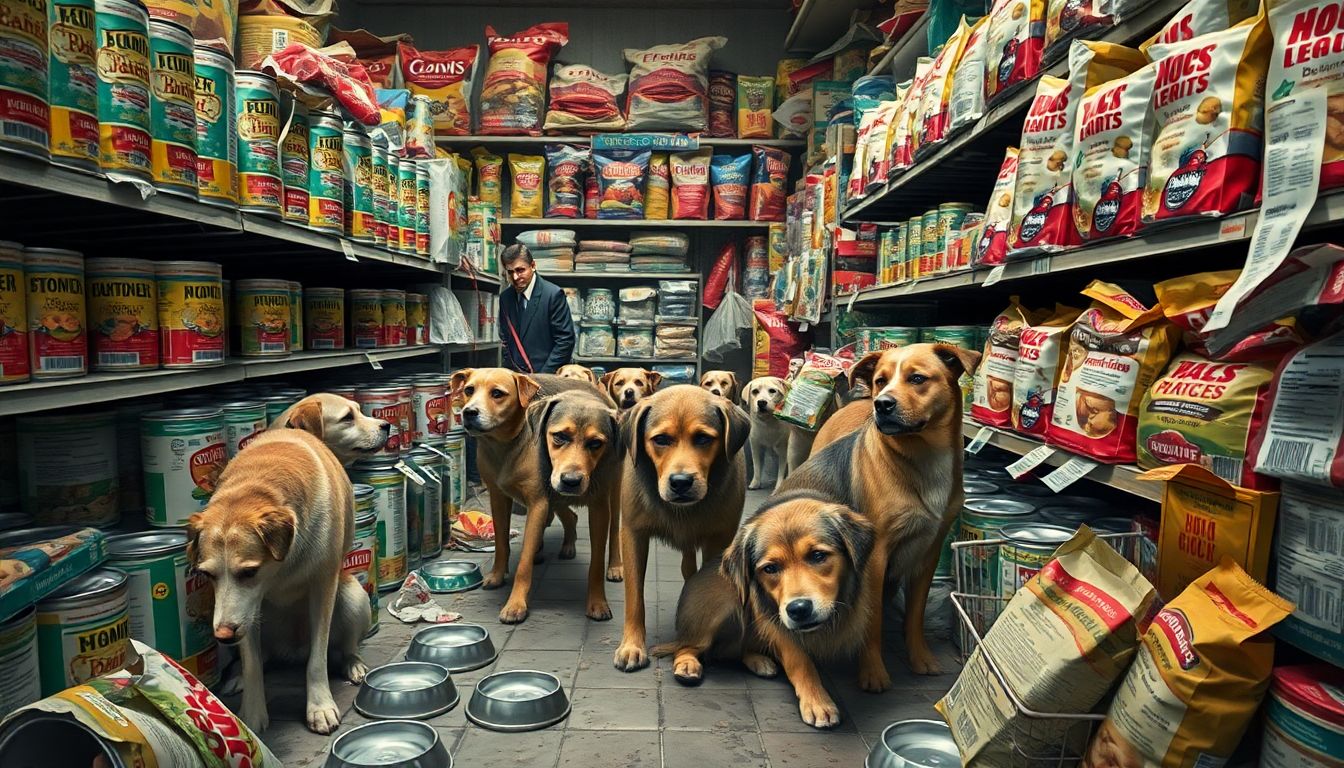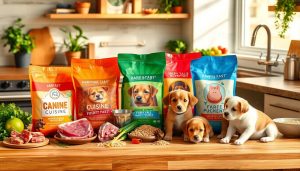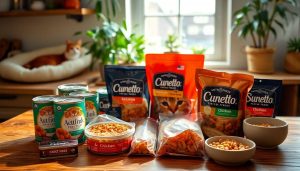How to Define the “Worst” Brand of Dog Food
Poor Ingredient Quality and Fillers
Generally, those brands that make very poor dog food often contain ingredients that will cause harm, or else do very little, nutritionally, for the dog. For such brands, the bulk of the food consists of fillers: corn, soy, and various by-products are used, simply to provide cheap bulk, rather than any actual nutrition. Such ingredients are the cause of allergies, upset stomachs, and obesity.
Transparency and Recalls
A brand’s respectability is very important. Many fly-by-night-types of companies hide behind ingredient lists or uncertain sources for their ingredients. Frequent recalls are glaring red flags pointing directly to unsafe manufacturing practices.
Irregular Manufacturing Standards
Some dog food factories are simply not regulated. Poor standards lead to erratic safety and quality. Contamination, molds, or spoiled ingredients sometimes pass through and endanger your dog’s health.
Top Dog Food Brands Frequently Criticized as the Worst
Brand A: Composition and Controversies
Brand A has had its share of controversy over questionable ingredient listings. Reports by animal wellness centers indicate dogs eating Brand A are at risk for either allergies or digestive concerns.
Brand B: Customer Complaints and Reports
Numerous pet owners have reported that their animals began itching, developed skin rashes, or suffered from tummy troubles after feeding Brand B.
Brand C: Regulatory Warnings and Expert Opinions
Government agencies have issued warnings concerning Brand C, citing the possible presence of contaminants and unapproved ingredients.
Red Flags in Cheap Quality Pet Foods
Artificial Additives and Preservatives
BHA and BHT preservatives are among the chemicals commonly found in cheap foods. These artificial substances may over time trigger various health problems.
Use of Excessive By-products and Ingredients of Lesser Value
Cheap protein sources—mostly meal leftovers, bones, or indeterminate “meat by-products”—are commonly employed.
Lack of Scientific Witness and R&D
No proof that a brand is engaged in nutritional testing—it’s a red flag. Too much relying on guesswork than science has led to not-so-good food for dogs.
How to Identify and Avoid the Worst Dog Food Brands
Find the first few items listed. Real meat, vegetables, and whole grains should appear near the top. Avoid anything with artificial colors or flavors and with lots of fillers.
Identify and Avoid False Makers Claims
Always look for their certifications from AAFCO or grading. Ask questions to your vet or retailer about sourcing and manufacturing standards.
Veterinarian Consultations of Educated Pet Nutritionists
Your vet best knows the health status of your dog. Don’t go for flashy ads; instead, get professional advice at any moment of doubt.
Specific Recommendations towards Pet Owners
- Review the diet accord with age and health every now and then.
- Keep updated on recalls through official sites.
- Obtain a brand that is transparent, certified, and features in good reviews.
- Take time to read labels before you purchase new food.
- Monitor how the dog reacts after food changes.
Conclusion
But avoiding the worst dog food brands means your pet can live healthy with upkeeping and, probably, a happier life. High-quality feeds, whether in composition or ingredient quality, don’t come cheap. Always choose brands that are open, with a good safety record and tested by experts.









